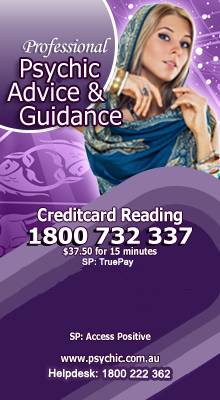How to Become an Addictions Counsellor
Addiction has become rampant nowadays and a problem to every family affected and to the whole society. Addiction is possible in many sense but the popular ones are drugs, alcohol, eating disorder, tobacco, gambling, and sex. People who are addicted may still lead normal lives but may pose problems to family, health and the community. That is why addictions counsellor has become a need to people in need of intervention. Whatever the case of their addiction they always need a counselor to help them stop their obsession and be able to lead normal lives without hampering the health, and lives of their loved ones.
If you are one of those people interested to becoming an addictions counsellor then the following information may help you in your decision making. To become one, you must have:
- The related degree and two year related post-secondary diploma and training as well as work experience; If not you can check the website of universities offering this program;
- Be emotionally mature and have a balanced lifestyle;
- Must have the belief and conviction that families, individuals, and the community can help change a person who is an addict with their support;
- Has the ability to manage his or her time effectively;
- Have a good communication and presentation skill;
Among the duties are:
- Work with clients coming from different culture who has problems on areas in sex, food, drugs, tobacco and sex;
- Assess the client over all addiction as well as the willingness to change;
- Develop and create a clients’ treatment plan based on research, clinical treatment and history of the clients’ addiction;
- Provide information about issues on addiction and of the various services and programs available for their treatment as well as make appropriate recommendations;
- Conduct therapy group and information sessions;
- Do counseling to affected family members, individuals through all the stages of recovery period by using appropriate strategies and intervention treatments;
- Do review, evaluate and document the client’s progress;
- Develop and create public education and information programs;
- Provide after care and follow-ups of the client and their family members whenever it is appropriate;
- Work with different organizations, schools and communities to implement, promote and evaluate health and wellness program;
The addictions counsellor may work in hospital, residential treatment centers, detox centers, schools, outpatient center, community based agencies or groups, group homes, overnight shelters and other institutions were the presence of such counselor is necessary. Working as such can be both emotionally draining and rewarding so you should have the love of the work and the over-all care for people facing addiction in any form. Working as such may require you to be away from your own families and devote yourself as well as your time to helping individuals to do away addiction and other activities that may need your presence.
If you have the innate ability and feelings for the job then becoming a counselor is your choice as well as decision. It is the love for the job and the people that you are helping makes the job admirable.







